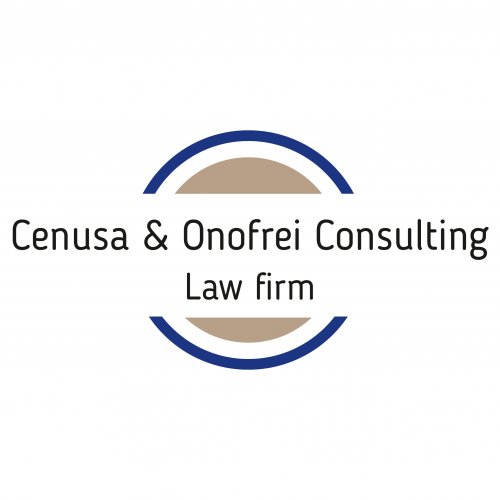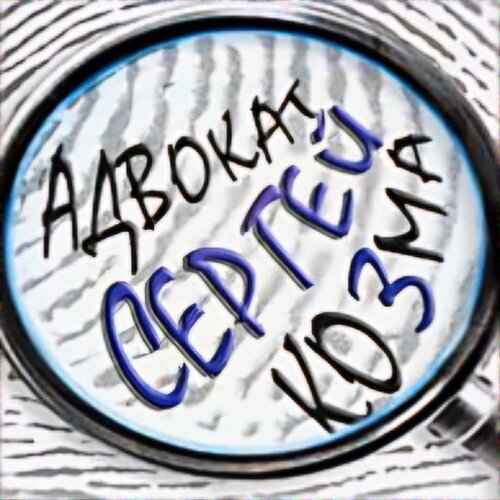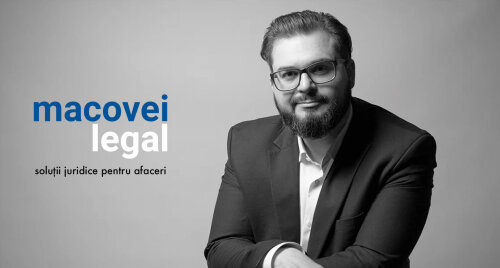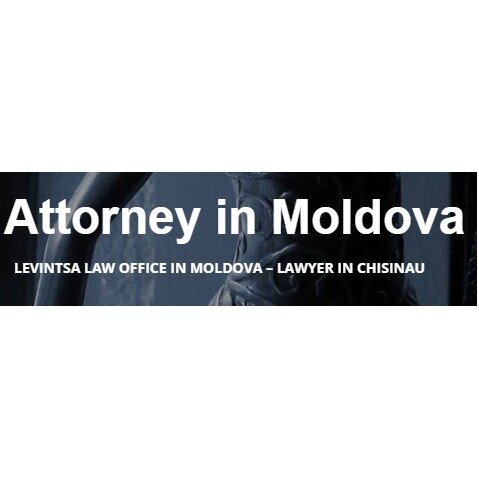Best Communications & Media Law Lawyers in Republic of Moldova
Share your needs with us, get contacted by law firms.
Free. Takes 2 min.
Or refine your search by selecting a city:
List of the best lawyers in Republic of Moldova
About Communications & Media Law in Republic of Moldova
Communications & Media Law in the Republic of Moldova is a legal area focusing on the regulation and oversight of telecommunications, broadcasting, and digital media. This field of law ensures compliance with governmental regulations, supports freedom of speech and press, protects intellectual property rights, and safeguards personal data in the communications and media sectors. Given the rapid technological advancements and the increasing importance of digital platforms, legal frameworks in Moldova are continually evolving to meet new challenges in this industry.
Why You May Need a Lawyer
There are numerous situations where individuals or businesses may require legal assistance in the field of Communications & Media Law in Moldova. These include:
- License Applications: Navigating the process of acquiring broadcasting or telecommunications licenses can be complex and may require expert legal assistance.
- Intellectual Property Disputes: Legal help may be necessary to resolve disputes related to copyright, trademarks, and other intellectual property issues.
- Defamation Cases: Legal expertise can be crucial for individuals or media companies facing defamation claims.
- Data Privacy Concerns: Ensuring compliance with personal data protection laws can require detailed legal guidance.
- Contract Negotiations: Drafting and negotiating contracts within the media industry often necessitate specialized legal knowledge.
Local Laws Overview
Key aspects of Communications & Media Law in the Republic of Moldova include:
- Broadcasting Law: Governs the establishment and function of audio-visual media services and is overseen by the Audiovisual Council of Moldova.
- Telecommunications Law: Regulates the operation of telecommunications networks and services, ensuring fair competition and consumer protection.
- Data Protection Regulations: Aligns with European Union norms on data protection, protecting individuals' personal data against misuse.
- Intellectual Property Legislation: Provides the legal framework for protecting copyrights, trademarks, and patents.
Frequently Asked Questions
What is the role of the Audiovisual Council in Moldova?
The Audiovisual Council of Moldova regulates broadcasting services, issuing licenses, enforcing content standards, and ensuring compliance with relevant laws.
How can I protect my intellectual property in the media field?
To protect intellectual property, you should register copyrights and trademarks with the State Agency on Intellectual Property (AGEPI) and seek legal advice for enforcement and protection strategies.
What should I do if I believe my data privacy rights have been violated?
If you believe your data privacy rights have been violated, you can file a complaint with the National Center for Personal Data Protection and consult a lawyer for possible legal actions.
How can businesses ensure compliance with advertising regulations?
Businesses should seek legal advice to understand applicable advertising laws and regulations, ensuring their marketing practices comply with ethical and legal standards.
What are the penalties for broadcasting without a proper license?
The penalties can include fines, confiscation of equipment, and legal action by regulatory bodies. Having a lawyer can help navigate and mitigate these issues.
Can foreign media organizations operate in Moldova?
Yes, but they must adhere to local laws and regulations, including obtaining necessary permits and licenses. Legal counsel can help with compliance issues.
How are defamation cases handled in Moldova?
Defamation cases can be pursued in civil courts, where the accused party must prove the truthfulness of their statements or that they acted responsibly under the circumstances.
What is the process for obtaining a telecommunications license?
The process involves submitting an application to the National Regulatory Agency for Electronic Communications and Information Technology (ANRCETI) and meeting specified legal criteria.
Are there any restrictions on internet content in Moldova?
Content restrictions exist to protect against hate speech and illegal activities. The government monitors compliance, and violating entities may face sanctions.
How does Moldova's law ensure fair competition in media?
The Competition Council of Moldova enforces competition laws ensuring no entity unfairly dominates the media market, promoting diversity and consumer choice.
Additional Resources
For those seeking further information or assistance, the following resources can be valuable:
- Audiovisual Council of Moldova: Oversees broadcasting regulations.
- National Center for Personal Data Protection: Offers guidance on data protection matters.
- State Agency on Intellectual Property (AGEPI): Provides support for intellectual property registration and protection.
- National Regulatory Agency for Electronic Communications and Information Technology (ANRCETI): Regulates telecommunications industry operations.
Next Steps
If you require legal assistance in the field of Communications & Media Law in Moldova:
- Identify Specific Needs: Clearly understand your legal needs or issues concerning communications and media law.
- Research Legal Professionals: Find lawyers or law firms specializing in Communications & Media Law within Moldova.
- Consult a Lawyer: Schedule consultations to discuss your situation and explore legal strategies or solutions.
- Review Legal Agreements: Ensure any contracts or agreements align with legal advice and meet local legal requirements.
Lawzana helps you find the best lawyers and law firms in Republic of Moldova through a curated and pre-screened list of qualified legal professionals. Our platform offers rankings and detailed profiles of attorneys and law firms, allowing you to compare based on practice areas, including Communications & Media Law, experience, and client feedback.
Each profile includes a description of the firm's areas of practice, client reviews, team members and partners, year of establishment, spoken languages, office locations, contact information, social media presence, and any published articles or resources. Most firms on our platform speak English and are experienced in both local and international legal matters.
Get a quote from top-rated law firms in Republic of Moldova — quickly, securely, and without unnecessary hassle.
Disclaimer:
The information provided on this page is for general informational purposes only and does not constitute legal advice. While we strive to ensure the accuracy and relevance of the content, legal information may change over time, and interpretations of the law can vary. You should always consult with a qualified legal professional for advice specific to your situation.
We disclaim all liability for actions taken or not taken based on the content of this page. If you believe any information is incorrect or outdated, please contact us, and we will review and update it where appropriate.
Browse communications & media law law firms by city in Republic of Moldova
Refine your search by selecting a city.














